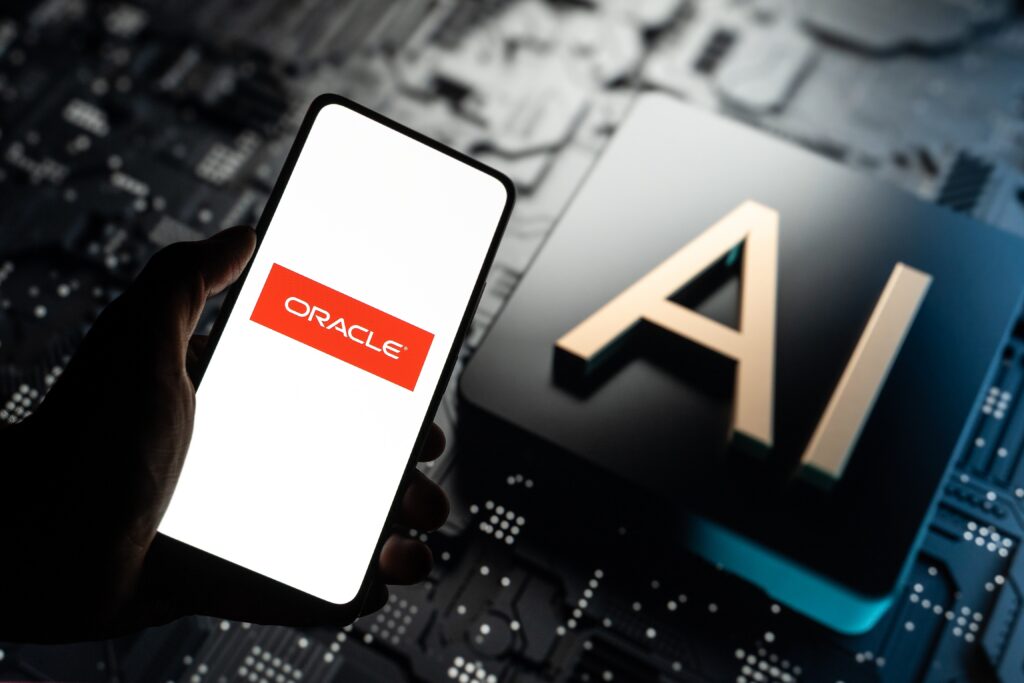In the high-stakes world of ERP selection, one figure emerges as indispensable: the intelligent buyer. More than just a skilled negotiator, the intelligent buyer is a strategist, risk manager, and value creator – essential for ensuring ERP success, especially during the pivotal Phase 0.
ERP integrates essential business processes – like finance, HR, operations, and supply chain – into a single system. This unified approach streamlines workflows, offers real-time insights, and enhances decision-making. However, selecting and implementing ERP software is no simple task. This is where the intelligent buyer’s strategic mindset proves invaluable.
Phase 0: The launchpad for success
Phase 0 is the foundation of ERP transformation, where intelligent buyers define objectives, anticipate risks, and map out implementation strategies. This stage is critical for laying the groundwork for a successful project.
Here’s how intelligent buyers excel during Phase 0:
- Defining Goals: They identify clear objectives, whether it’s operational efficiency, improved financial management, or real-time analytics, ensuring the ERP project aligns with business priorities.
- Mapping Total Costs: Beyond upfront expenses, they evaluate the Total Cost of Ownership (TCO), accounting for customizations, training, and scalability.
- Assessing Vendors: Intelligent buyers scrutinize vendors for their functionality, partnership potential, and ability to innovate.
- Planning for Risks: Anticipating challenges like scope creep and adoption barriers, they create proactive strategies to mitigate risks.
The intelligent buyer mindset
Intelligent buyers are distinguished by their:
- Visionary Thinking: Viewing ERP as a cornerstone for growth.
- Data-Driven Decisions: Using analytics to select solutions that address both present and future needs.
- Collaborative Approach: Engaging stakeholders across departments to ensure alignment.
- Adaptability: Tailoring ERP solutions to the business’s unique and evolving requirements.
Why an intelligent buyer is essential
Without an intelligent buyer, an ERP transformation risks veering off course. Intelligent buyers anchor decisions to clear goals, ask critical questions, and focus on long-term partnerships rather than quick fixes.
Your call to action
To ensure ERP success, embrace the mindset of an intelligent buyer. Start strong in Phase 0, build a compelling business case, and foster collaboration across teams. By thinking strategically and acting decisively, you’ll set the stage for an ERP transformation that delivers lasting value for your organization.
What it means for ERP insiders
How intelligent ERP decisions impact your role
For finance managers, operations leaders, HR professionals, and IT specialists, ERP transformation is not just a technology upgrade – it’s a revolution in how you work. Imagine real-time financial insights, seamless supply chain operations, or HR processes streamlined through automation. By adopting an ERP system guided by the intelligent buyer’s principles, you’ll experience fewer bottlenecks, faster decision-making, and a more connected organization. These improvements aren’t just theoretical; they have the potential to transform your day-to-day tasks, making your role more strategic and impactful.
ERP’s market momentum
The ERP market is booming, with global revenues projected to exceed $78bn by 2026, driven by digital transformation trends and the need for data-driven decision-making. Cloud-based solutions are leading the charge, accounting for over 50% of new implementations, as organizations prioritize flexibility and scalability. Vendors like SAP, Oracle, Microsoft, and Workday dominate the landscape, competing fiercely to offer comprehensive solutions. However, niche players are emerging with specialized offerings tailored to specific industries. This competitive and fast-evolving market underscores the importance of selecting the right partner for your ERP journey.
What to look for in an ERP provider
When evaluating ERP providers, end-users should prioritize a few critical factors. First, assess the provider’s ability to align with your business’s unique needs, ensuring the solution is both scalable and adaptable. Look for robust support and training programs to facilitate smooth adoption across departments. Total Cost of Ownership (TCO) should go beyond upfront costs, considering long-term expenses like customizations and upgrades. Finally, examine the vendor’s innovation roadmap and partnership potential, as a strong, forward-thinking provider can drive sustained value for your organization.




